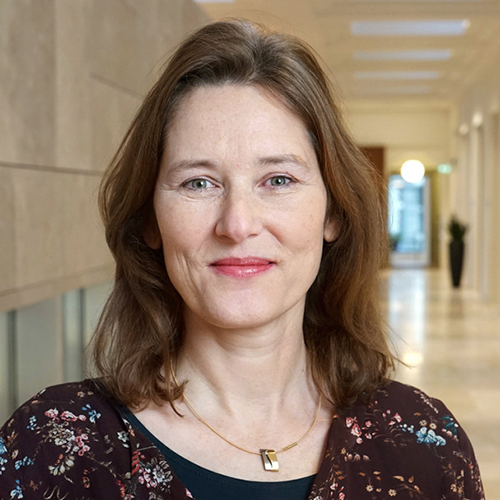The economy and the environment in a consistent statistical framework
Attention, change of date (was December 15)!! 2012, Thursday February 9, 13.00-14.00 hours, Sjoerd Schenau, Bram Edens en Cor Graveland (CBS) will present, during a CPB Policy Seminar, "The economy and the environment in a consistent statistical framework ".
Time: 2012, Thursday February 9, 13.00-14.00 hours
Location: CPB-office, Van Stolkweg 14, The Hague
Presentation: Sjoerd Schenau, Bram Edens en Cor Graveland (CBS)
Discussant: Rob Aalbers (CPB)
Language: English
Registration: Please register by sending an email to polinars@cpb.nl.
Abstract subject: In this CPB Policy Seminar, Statistics Netherlands (CBS) will introduce its integrated system of Economic and Environmental Accounts (Milieurekeningen). Two elements of this accounting framework will be presented in more detail: - The valuation of remaining oil and natural gas reserves in the Netherlands will be explained as well as estimating the cost of depletion; - Experimental research on estimating the size and beneficiaries of environmentally motivated subsidies / transfers.
Background information
Environmental Accounts, in general The System of integrated Environmental and Economic Accounting (SEEA) is an international statistical system that brings together economic and environmental information in a common framework to measure the contribution of the environment to the economy and the impact of the economy on the environment (UN et al., 2003; referred to as SEEA 2003). Environmental accounts are "satellite accounts" to the System of National Accounts (UN et al, 2009; referred to as 2008 SNA). Satellite accounts are extensions to the National Accounts that allow for conceptual variations in order to facilitate the analysis of the wider impact of economic change. Environmental accounts use similar concepts (such as residence) and classifications (e.g. for economic activities and products) to those employed in the SNA but at the same time enlarge the asset boundary to include also non-SNA assets such as ecosystems in recognition of the services they provide that often lie outside the market mechanism. In the last 20 years Statistics Netherlands has developed and extended the environmental accounts for the Netherlands (CBS, 2011).
Environmental subsidies and transfers In 2010 Statistics Netherlands executed a pilot project for Eurostat testing the statistical framework for environmental subsidies/transfers that is currently being developed within Eurostat, the UN and the OECD. We present experimental results for a time series of environmental subsidies and other transfers for 2005-2009. We will also discuss the methodology used for the allocation of these subsidies/transfers to industries based upon microdata. Results will be placed in context by comparing with environmentally motivated implicit subsidies and so-called potentially environmentally damaging subsidies.
Valuation of oil and natural gas reserves and their depletion costs The Netherlands has significant quantities of natural gas as well as some smaller oil deposits. Since the discovery of these natural reserves in the nineteen fifties and sixties they have been exploited for the Dutch economy. The extraction of natural gas makes a significant contribution to the Dutch treasury and to economic growth. The value of these resources is included in the balance sheets of the National accounts. We will briefly present the methodology for the valuation and compilation of stock accounts for natural gas reserves. We will subsequently discuss estimates for the costs of depletion of extraction that could be used to correct macro-economic aggregates such as NDP, as proposed in SEEA 2012.
Policy seminars
CPB organises policy seminars for policy makers, researchers and other stakeholders. These policy seminars focus on policy implications. Policy seminars are held on Thursday from 1.00 pm. to 2.00 pm. Read here how to subscribe (or unsubscribe) to our alert service (CPB Event).
Seminars
CPB also organises seminars for researchers. During these seminars, always held on Tuesday from 1.00 pm. to 2.00 pm., academic papers are presented and discussed. Read here how to subscribe (or unsubscribe) to our alert service (CPB Event)
Contacts
